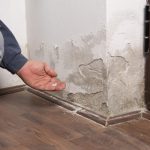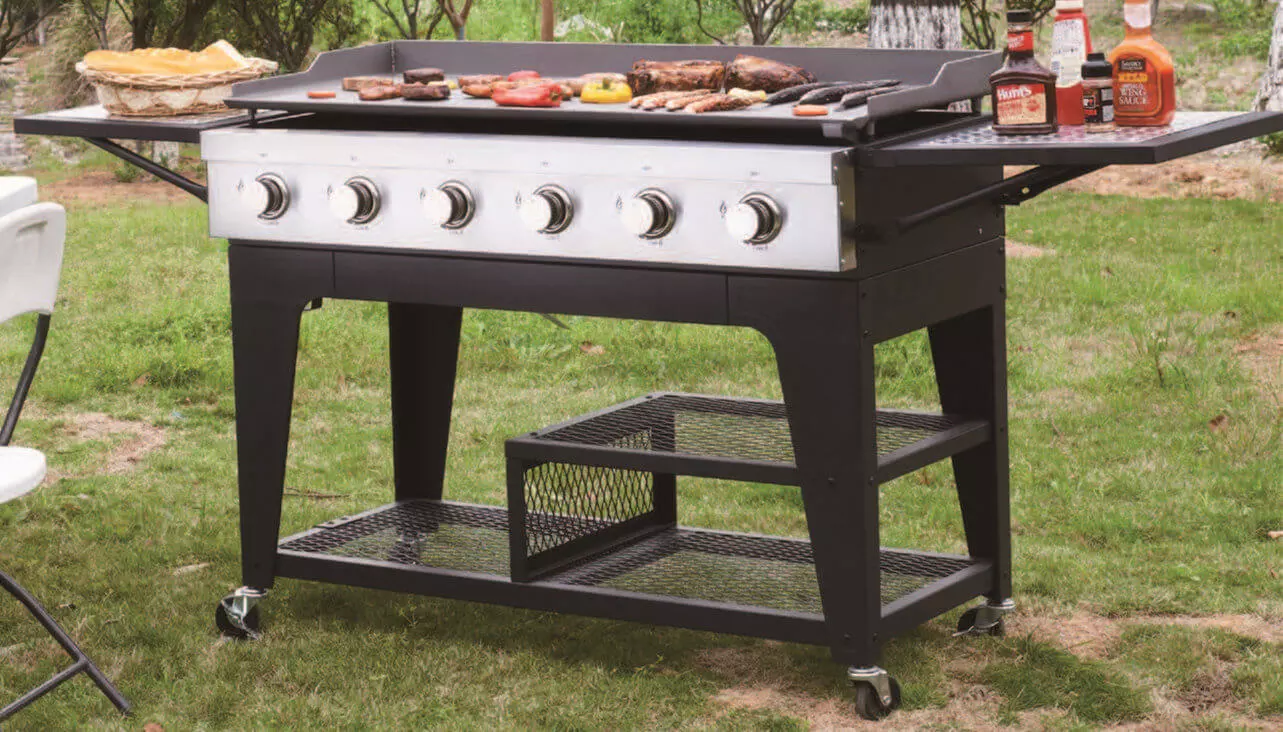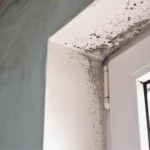Performing regular maintenance on your water heater can help prevent costly repairs down the road. It can also keep your family safe by avoiding dangerous situations like a gas leak. With some basic care, you can extend the life of your water heater and reduce the risk of issues developing.

Content
Inspect the Area Around Your Water Heater
The area around your water heater should remain clear for safety and easy access. Check that:
- There is adequate ventilation for combustion air supply and flue exhaust.
- Nothing is stored within 3 feet of the unit for fire safety.
- The drain valve is clear and functional in case of leaks.
- The area is free of any signs of moisture, rust, or corrosion.
Keeping this area clean and clear makes inspections easier and allows any issues to be spotted right away.
Check for Gas Leaks Annually
It’s a good idea to inspect your water heater for gas leaks once per year, especially around connections and fittings. If you water heater smells like gas, leave the area immediately and call the gas company or a plumber. To check for leaks:
- Use a gas leak detection solution or soap and water on all connections.
- Watch carefully for bubbles, which indicate a leak that needs repair.
- Make sure to check the burner area, gas lines, valves, and other components.
Catching a small leak early can prevent a dangerous situation from developing.
Flush Your Water Heater Regularly
Sediment buildup in the bottom of the tank can clog components over time if not flushed. This can potentially damage your water heater or cause efficiency issues. Most experts recommend flushing the tank yearly:
- Turn off power or gas supply and water inlet.
- Connect a hose to the drain valve and route it to a floor drain.
- Open the drain valve and flush until the water runs clear.
- Close drain, refill tank, and restore power/gas when done.
Proper flushing keeps your heater running at its best.
Check the Anode Rod Periodically
The anode rod helps protect your tank from corrosion by sacrificing itself. Inspect it every 2-3 years:
- Remove the thermocouple or thermostat and inspect the rod.
- If more than 6 inches have corroded away, replace it with a new magnesium or aluminum anode rod.
A healthy anode rod protects your tank for its full service life. Replace it before it’s fully corroded.
Maintain Proper Temperature Settings
Most experts recommend keeping your water heater thermostat set no higher than 120°F to prevent scalding and maximize energy efficiency. Consider installing a mixing valve for added safety as well. Proper temperature control helps prevent burns and saves on utility bills.
With just a small amount of regular maintenance following these tips, you can help your water heater last for many years while avoiding expensive repairs down the road. Catching small issues early is key to safe, reliable hot water.

Christine Kelley is a dedicated home blogger who has been blogging for over six years. She covers everything home related. Christine also loves writing posts about her travels to Europe with her husband and two children.












